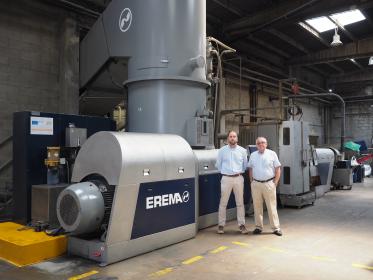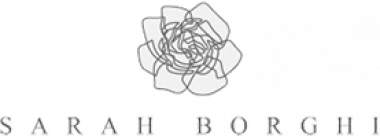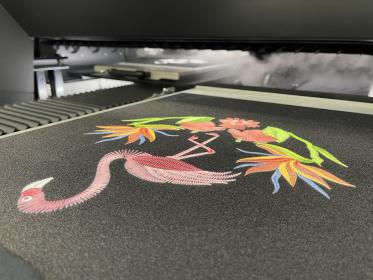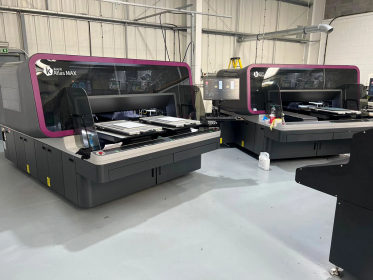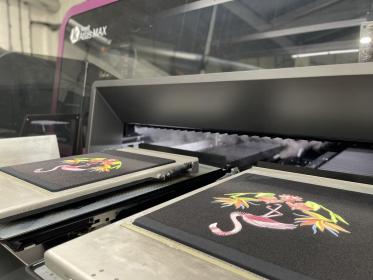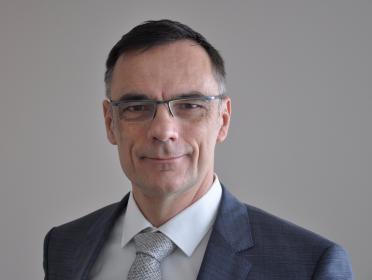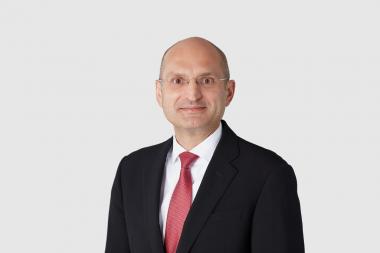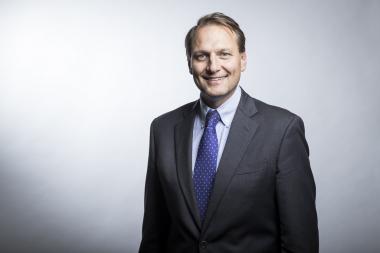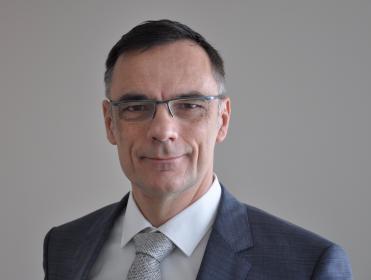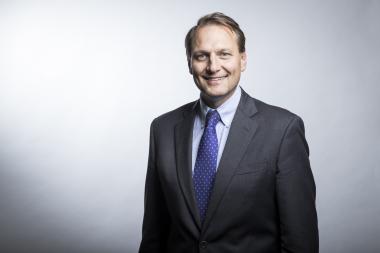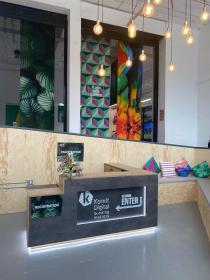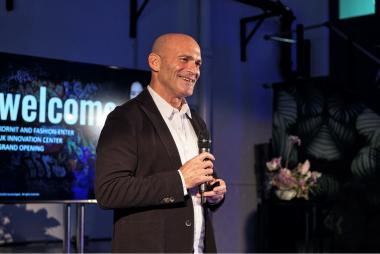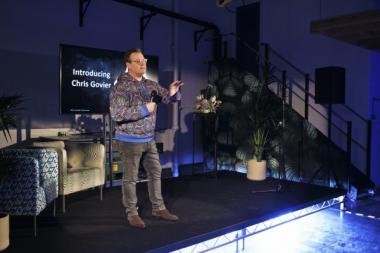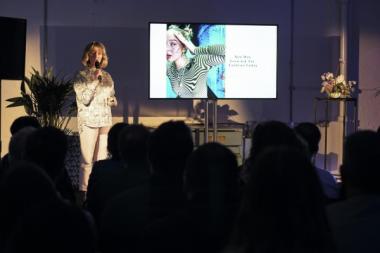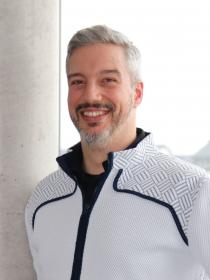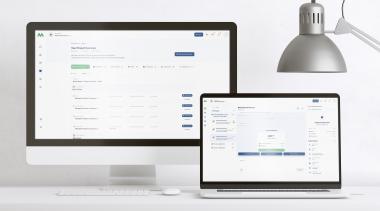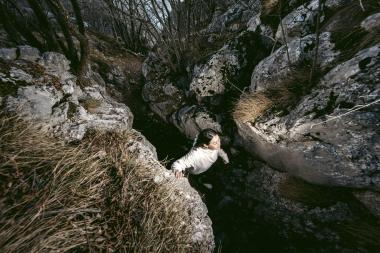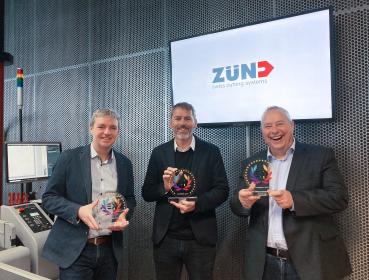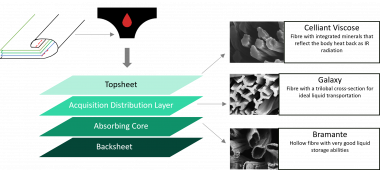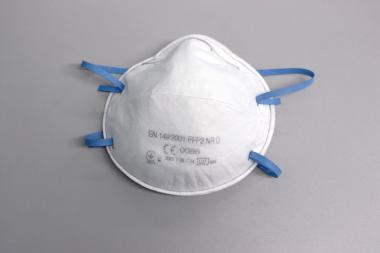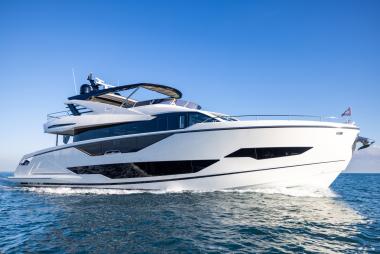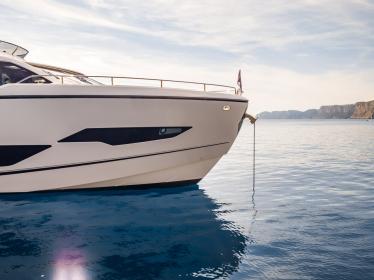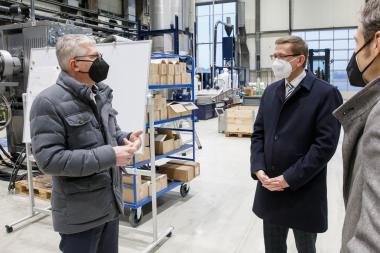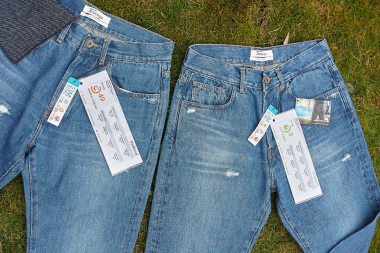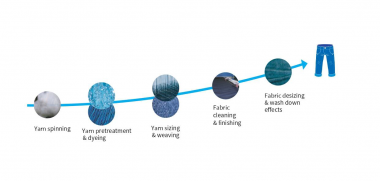EREMA: Working together with Recycling Company Anviplas
The Spanish recycling company Anviplas has been involved in plastics recycling for more than 30 years, during which time it has built up extensive know-how that now benefits customers throughout Europe, in Africa and in Asia. Their cooperation with EREMA is almost as long. Since 1991, Anviplas has relied on the technology and service provided by the Austrian recycling machine manufacturer.
Employing 64 people, Anviplas recycles post-industrial and post-consumer plastic waste, especially HD and LD-PE as well as PP, to make recycled pellets in all colour variations. The production capacity is 1,800 tonnes per month. An EREMA type INTAREMA® 1716 TVEplus® recycling machine with screen changer is in operation at the site in Navarcles (Barcelona) for processing the PP material stream. This patented extruder system was developed for handling difficult-to-process materials, such as heavily printed films as well as very moist waste. This machine is characterised by its optimised 3-stage degassing system; firstly by preheating and predrying the material in the preconditioning unit, secondly because the screw design allows reverse degassing, and thirdly in the degassing zone of the extruder.
Anviplas customers manufacture a huge bandwidth of products made using their recycled pellets. They range from various film products, such as stretch, shrink, mulch and silage films, to irrigation, corrugated and high-pressure pipes, as well as containers such as tubs, bottles, barrels and crates.
In February 2022 the Repeats Group, a pan-European platform for LDPE recycling, and Anviplas announced, that Repeats has made an investment in the Spanish recycling company. For Repeats this investment in Anviplas represents an important step in building a pan-European plastics recycling platform.


